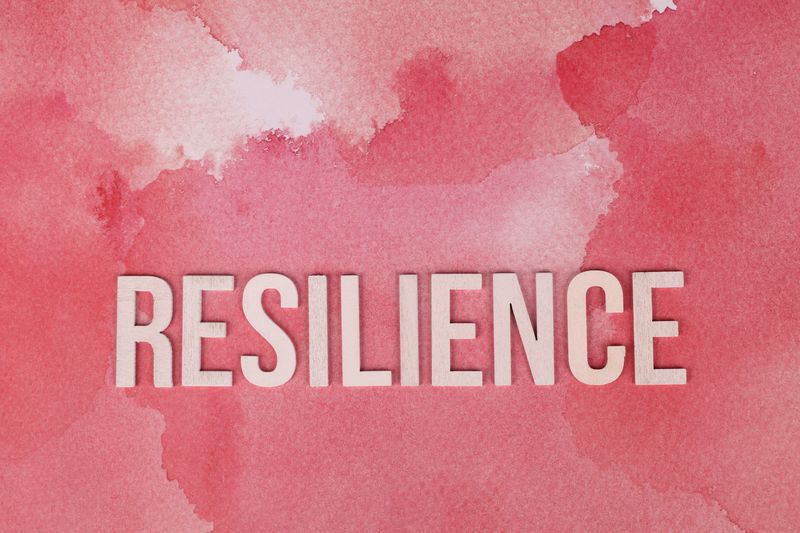Captain Tom’s Daughter Keeps Profits from Father’s Books Despite Suggestions of Charity Donation
The Background
Captain Tom Moore, the British Army veteran who captured the hearts of millions during the COVID-19 pandemic by raising millions of pounds for the National Health Service (NHS), has recently come under scrutiny as it is revealed that his daughter, Hannah Ingram-Moore, kept the profits from her father’s books instead of donating them to charity.
Ingram-Moore, who runs a company with her husband, admits that the reported £800,000 made from the sales of three books written by her father were retained by their company. This revelation has stirred a debate about ethics, responsibility, and the appropriate handling of profits generated by a public figure’s charity work.
The Ethical Dilemma
On one hand, it is understandable that Ingram-Moore and her husband would want to benefit from the success of the books written by her father. They are operating a business after all, and their involvement in the publication and distribution of the books would warrant some level of compensation.
However, it is important to consider the context in which these books were written and the tremendous public support behind Captain Tom’s fundraising efforts. The funds raised by the 100-year-old veteran were intended to support the NHS and provide essential resources during a global health crisis.
Given this context, the decision to keep the profits from the books raises ethical questions regarding the original intent behind the fundraising and the responsibility that comes with being associated with such a public cause.
The Responsibility of Public Figures
Public figures, especially those who engage in acts of charity or philanthropy, have a unique responsibility to act in accordance with the values and expectations of the public they serve. Captain Tom Moore became a symbol of hope and resilience during a time of great uncertainty, and his actions inspired millions around the world.
It is arguable that Ingram-Moore, as the daughter of Captain Tom, has inherited a part of this responsibility. The profits generated from her father’s books, which were based on his remarkable journey and charitable endeavors, could have been seen as an opportunity to further solidify the legacy of the fundraising campaign.
By donating the proceeds to charity, Ingram-Moore could have demonstrated a commitment to the original cause and reinforced the notion that the act of giving should extend beyond the individual. This would have not only been a morally commendable choice but also a strategic one, ensuring that the public’s perception of the family’s involvement remains aligned with the values they represent.
The Importance of Transparency
Another crucial aspect of this situation is transparency. When individuals donate to a cause, they expect their contributions to be handled responsibly and in line with the stated purpose of the fundraising campaign. By publicly disclosing the distribution of the profits from the books, Ingram-Moore could have maintained the trust of those who supported her father’s efforts.
This would have included clear communication about their decision to retain the profits and an explanation of their rationale. Transparency can help mitigate potential backlash and ensure that the public retains confidence in the integrity of the fundraising efforts and the associated figures.
Advice for Ingram-Moore and Public Figures
Moving forward, it is essential for Ingram-Moore, as well as other public figures engaged in charitable endeavors, to carefully consider their actions and the potential impact they may have on their reputation and the causes they support.
First and foremost, it is crucial to establish a clear framework for decision-making around financial matters related to charity work. This framework should take into account the intentions of the original fundraising campaign, the expectations of the public, and the overall impact on the reputation and effectiveness of the cause.
Furthermore, transparency should be prioritized. Public figures should communicate openly about their decisions and ensure that the public is aware of how funds are being used. This level of accountability not only fosters trust but also allows for a continued dialogue with the public, keeping them engaged and informed.
Ultimately, every decision made by public figures carries weight, especially when tied to charitable endeavors. It is important for them to approach these situations with a sense of ethics, responsibility, and foresight to ensure their actions align with the values they seek to promote.
About the Author
is a current affairs commentator for The New York Times. With a keen interest in ethical decision-making and the impact of public figures on society, he brings a thoughtful perspective to complex issues. Follow him on Twitter @FelsenthalNYT.

<< photo by Natalya Zaritskaya >>
The image is for illustrative purposes only and does not depict the actual situation.
You might want to read !
- New Manager, New Vision: Sheffield Wednesday’s Appointment of Danny Röhl
- Exposed: John Fury’s Bizarre Behind Flash Steals Spotlight in Tommy’s Fight
- UK’s Neglect of Palestinian Lives: Humza Yousaf Speaks Out
- Eviction Looms: Kerry and Farida on the Chopping Block
- English Premier League Player Daniel Sturridge Faces Arrest Warrant for Unpaid Debt of £24,000
- “A Political Turnabout: SNP MP Lisa Cameron Switches Allegiances to the Conservatives”
- Expecting Again: Peter Andre Anticipates His Fifth Child with Wife Emily MacDonagh
- In Defense of Captain Tom’s Daughter: A Justification for Keeping Book Profits
- Captain Tom Foundation Puts Brakes on Donations and Payments Amid Charity Controversy
- Uncovering the Ultimate Bargains: Navigating the Amazon Prime Day 2023 Shopping Extravaganza
- “Cricket World Cup: Live Updates on South Africa vs Sri Lanka Clash”
- Unearthing the Unsolved: Identifying the Human Remains Found in Youghal
- Where is Maxine Carr Now? An Exploration of Her Life after the Soham Murders Drama
- Bruce Willis Battles Dementia: A Closer Look at His Struggle with Communication
- S Club Review: A Poignant Posthumous Tour that Evokes Nostalgia and Comfort
- The Demise Unveiled: Decoding the Gruesome Finale of “The Fall of the House of …”
- “Examining Bernie Ecclestone’s Suspended Sentence: A Closer Look at the Legal Consequences”




